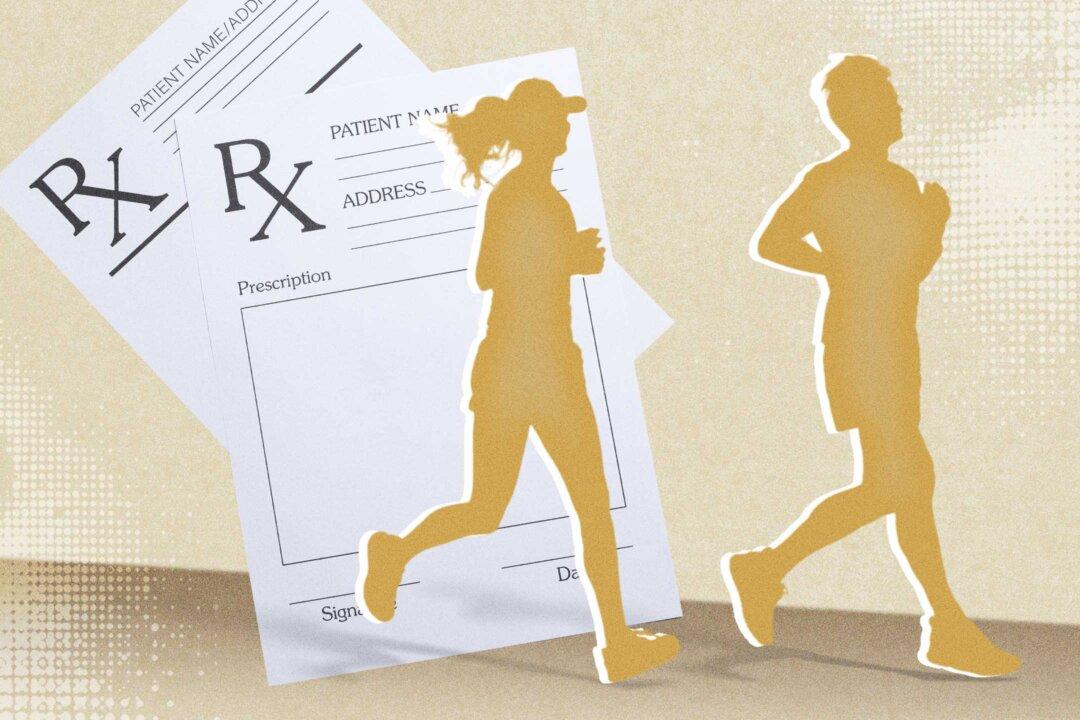Irritable bowel syndrome (IBS) may not crop up much in day-to-day conversation, but for the millions who suffer from it, the condition is impossible to ignore. Not only can it be uncomfortable or painful, but IBS symptoms can seriously impinge on ordinary social interactions and lifestyle, as well.
Common and Uncomfortable
IBS is very common. According to Cleveland Clinic, between 10 and 15 percent of the adult U.S. population has IBS, but only about half are actually diagnosed. IBS is a gastrointestinal (GI) disorder that affects the stomach and intestines and manifests itself through a variety of symptoms that can include abdominal pain or cramping, excess gas or bloating, and changes in bowel movements resulting in either diarrhea or constipation.For those who suffer from it, IBS is usually a chronic problem that doesn’t have a cure but must be managed long-term.
Treatments and Triggers
For severe cases of IBS, your doctor may prescribe medications, such as laxatives or antidiarrheal drugs, to help manage symptoms, and may even recommend mental health counseling. Prescription IBS medications may help reduce uncomfortable symptoms, but they can carry unwanted side effects and normally do nothing to identify or address the underlying causes of the problem.Since the precise causes of IBS can be varied and are unclear, and no test exists that can accurately diagnose IBS, treatment in most cases comes down to trying to identify factors that could trigger symptoms, and addressing those directly. For most, the first line of treatment will be diet and lifestyle modifications.
What triggers IBS flare-ups can vary from person to person, so it’s important for each individual to closely monitor symptoms and anything that seems to worsen them.
A Dietary Investigation
Another dietary approach to IBS that has been growing in acceptance in recent years is the low-FODMAP diet. This diet was developed based on the understanding that certain non-digestible short-chain carbohydrates actually ferment in the gut and tend to trigger or exacerbate IBS symptoms. FODMAP stands for “fermentable oligo-, di-, and monosaccharides and polyols.”During the first phase, all FODMAP foods are eliminated from the diet temporarily, usually for two to four weeks. This gives symptoms a chance to subside (if they have a dietary basis), and gives the gastrointestinal tract a chance to rest.
Phase two includes a systematic reintroduction of one FODMAP food at a time, and observing carefully to see if there is an uncomfortable GI reaction to that particular food. Phase three is the maintenance phase.
Hopefully phases one and two identified a specific food or foods that are problematic; phase three is about avoiding just those foods, and keeping everything else.
The Stress Factor
Another major factor that may trigger IBS symptoms or make them worse is stress. Medical experts have known for years that psychological stress can result in physical symptoms, but recent research published by researchers from the Tokyo University of Science in the journal Frontiers in Neuroscience added another layer of confirmation to this finding. They showed that exposing mice to repeated psychological stress over 10 consecutive days resulted in gastrointestinal symptoms similar to those typical of IBS.Dr. Gary Spink, a New York-based psychologist focusing on chronic pain and illness, including IBS, points to research that finds IBS is linked to stress and the traumatic stress caused by childhood trauma and maltreatment.
“Essentially, the more severe your trauma, the more severe IBS symptoms you experience. This association, as well as the association of stress with IBS symptoms, is believed to be the result of the gut-brain axis.”
That axis is made up of the many neurological connections between your gut and brain, which are in close and constant communication with each other.
“Your gut provides information to your brain necessary for energy regulation, and your brain regulates your gut,” Spink explains.
Managing Stress to Treat IBS
For those experiencing IBS symptoms, managing stress can play a significant role in alleviating symptoms. One of the most effective ways to do this is through regular exercise.Other Treatments
Aside from dietary changes, exercise, and stress reduction, there are also several other treatment options that have shown promise for some patients. Supplementation with probiotics, soluble fiber, or peppermint oil, intermittent fasting, and acupuncture have also each been used effectively to improve IBS symptoms in many patients.IBS is a complex disorder that can have as many different causes and symptom combinations as there are individuals. Doing some investigative work into possible food triggers, managing stress, and working with a knowledgeable health care provider if needed can be important first steps in managing this condition.





